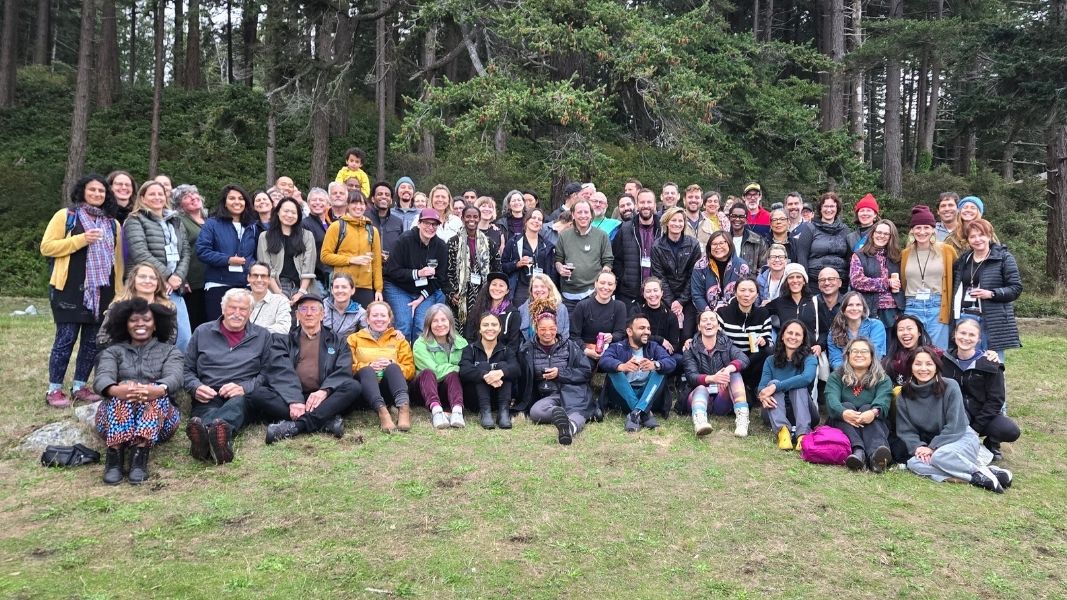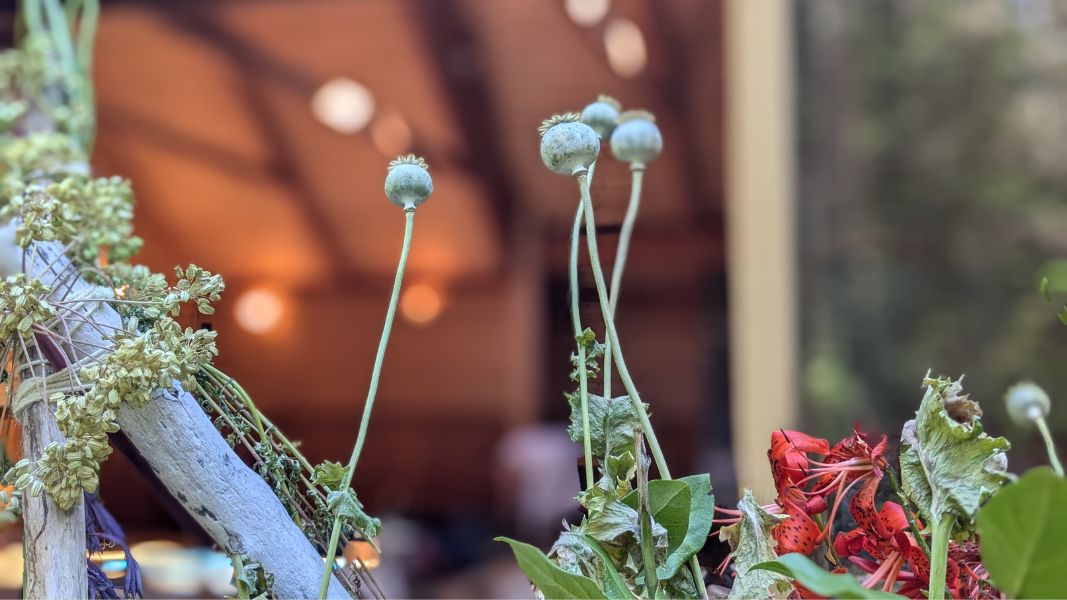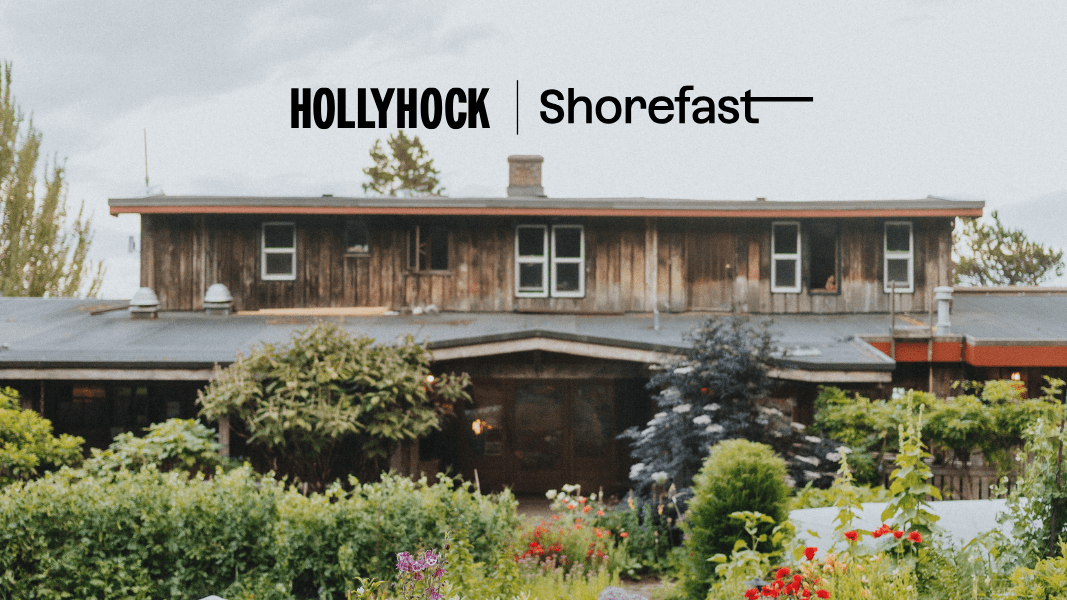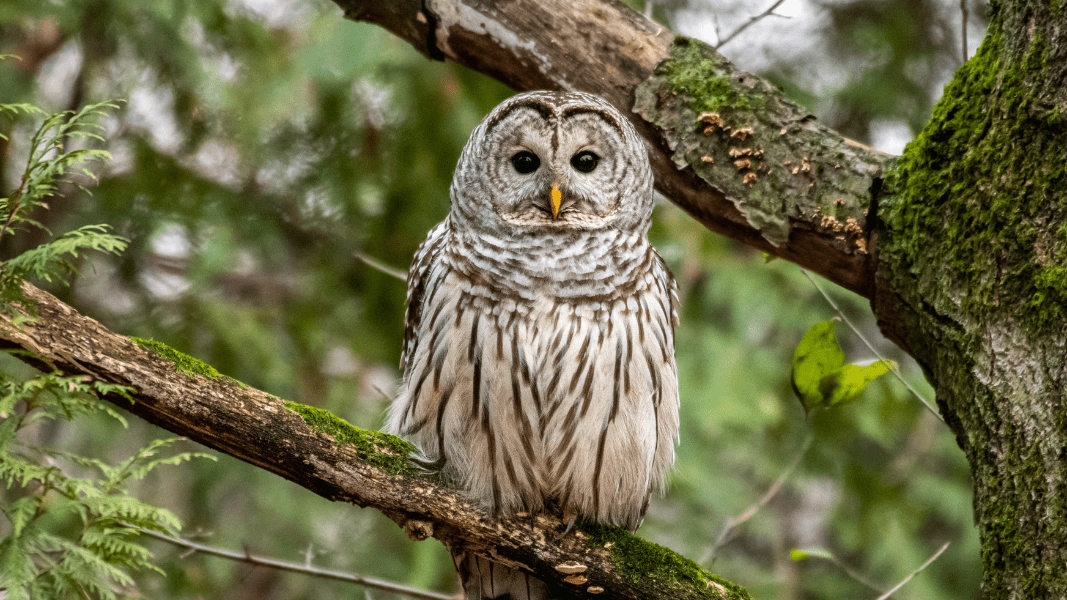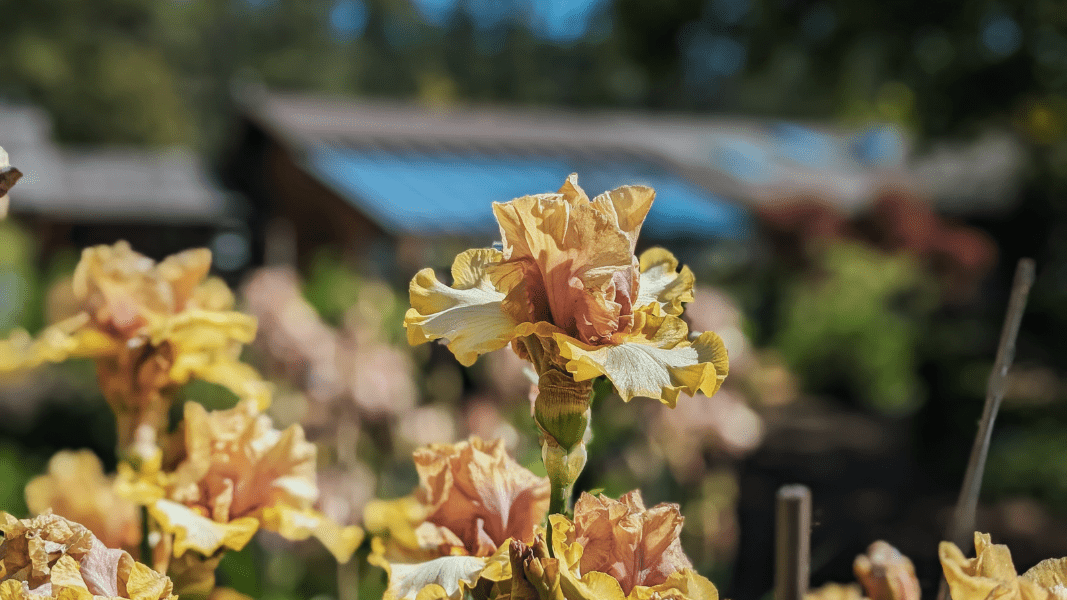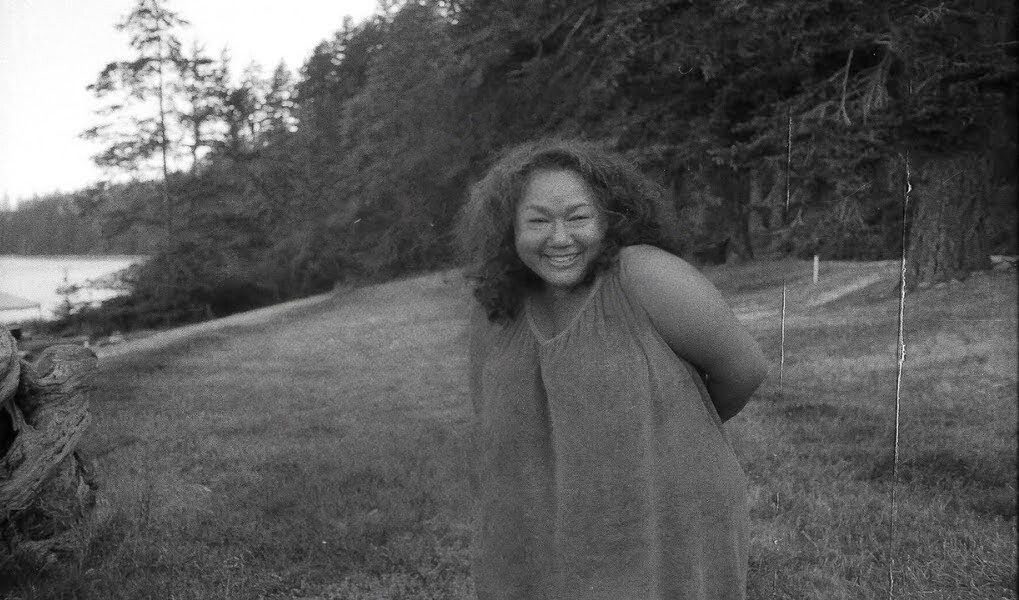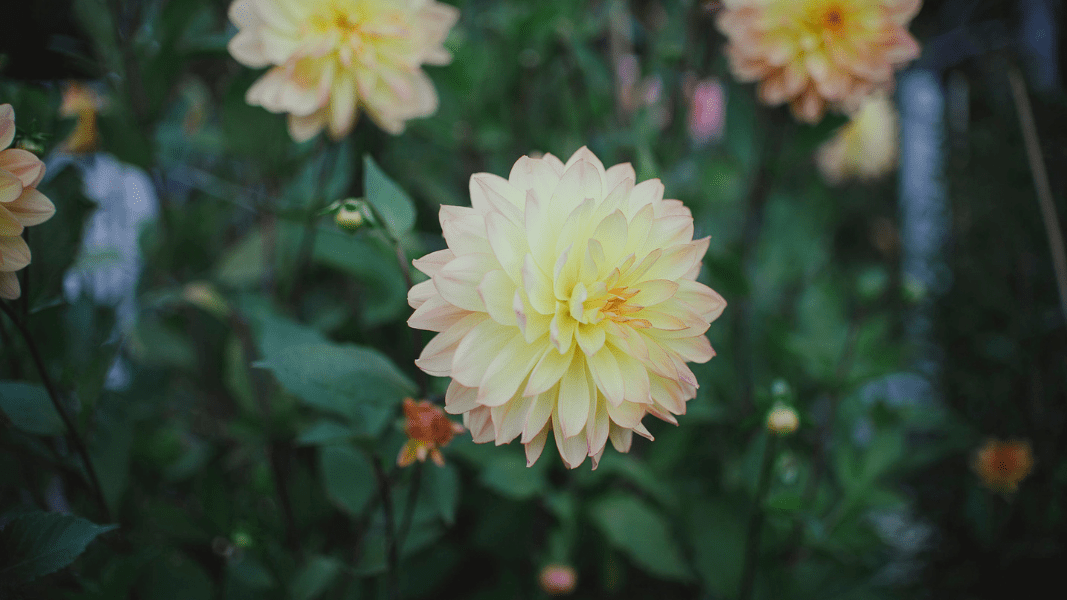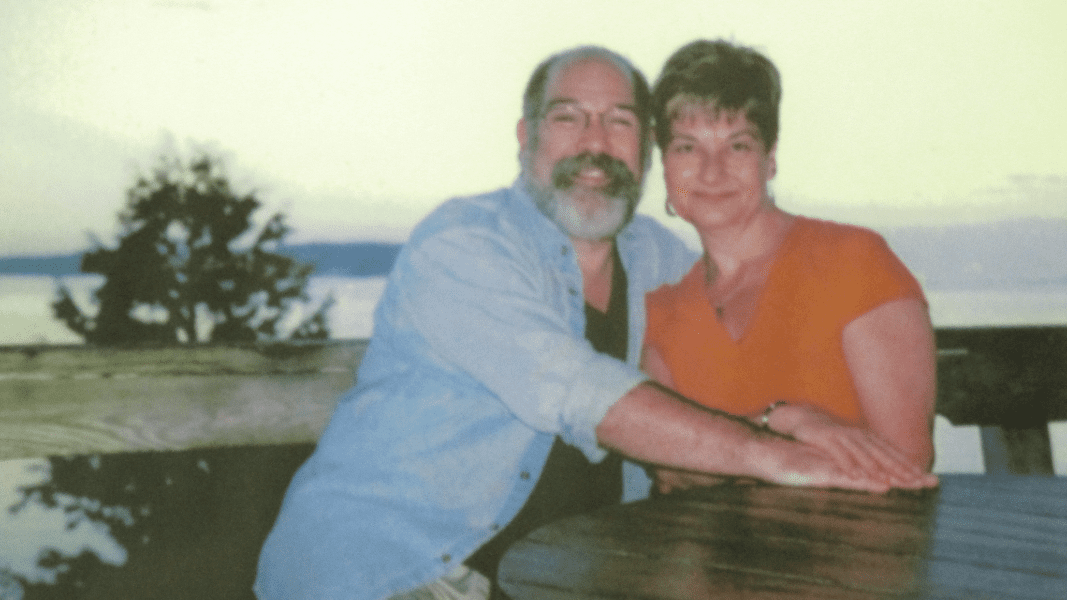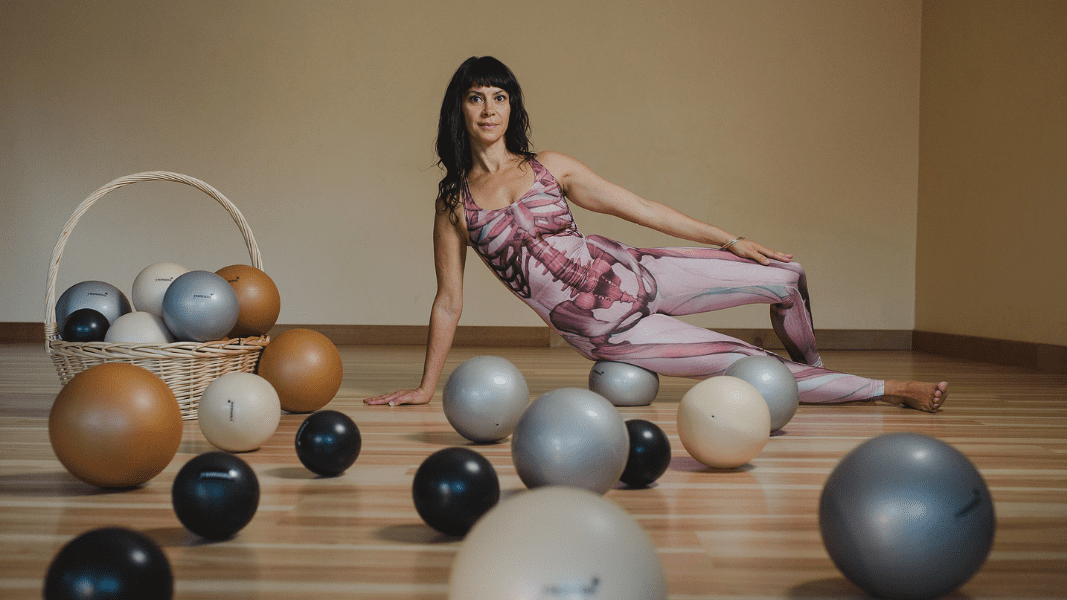I have long thought of the wilderness as a place that is overwhelmingly feminine. The feminine is the unknown; the dark, vulnerable, trusting, creative, and unpredictable among other things. It is a place of mystery. This wilderness is not a place to be messed with. It is place that the sacred can occur – a place of ceremony. So often when we are in the wilderness of our lives, every breath feels as if it must be earned.
The words “wild”, “rewilding”, and “wilderness” are being used liberally in our world of nature-connection. I wonder sometimes if there is consensus on their usage. Regardless, one place I encountered the word wilderness made me very curious. Several years ago, I bought the book Braving the Wilderness by Brene Brown and put it on my Audible account.
She has, unknowingly, read this book to me almost 6 times now.
There is apparently something in her message that resonates with me and keeps me curious. Through the many life changes I have made these past few years, her words have given me strength to keep moving; to keep traveling my path, even though I have often felt incredibly alone. In chapter two, she writes about wilderness in a way that just today caught my attention. She says in her own words that we not only are called to live in the wilderness if we are doing our work; the work that is only ours to do, we are called to be the wilderness.
[Brene Brown] has, unknowingly, read this book to me almost 6 times now… Through the many life changes I have made these past few years, her words have given me strength to keep moving; to keep traveling my path, even though I have often felt incredibly alone.
To be the Wilderness
I was on a run while listening to her and when I am on a run, I am truly in my body. After 4 children, and being over 40, it is now hard work. But today was sunny and almost 50 degrees. I was not about to miss the chance to be outside, watch the swift Wabash, listen to my woodpeckers and crow companions, and feel the cool air through my hair. As I heard Brene speak those words, I felt them. To embody something is to truly understand it; it is to know it beyond words; it is to envelope it, to receive it completely… all words we would use to describe the feminine. To be the wilderness is to,
“Participate joyfully in the sorrows of the world. We cannot cure the world of sorrows, but we can choose to live in joy.” – Joseph Campbell
To be the wilderness, we are required to feel. We are required to feel it all: the angry, scary, sad, incomplete and lonely. But the wilderness also allows for ecstatic joy and pleasure, the resolution of grief, and the fulness of grace and mercy. Although to feel the joy is easy, we know it is complicated by knowing that all of these feelings are temporary. They wash over us, are transient and fleeting. To be in the wilderness is to know we are vulnerable to the unknown.
There is much about this that I do not appreciate fully yet. If I am going to be open to deeply-felt emotion, I would prefer it to be ecstatic joy and pleasure rather than deep unrelenting grief. But there is no opt-out button. And, just because we experience these feelings does not mean they serve us long-term. We can observe the wilderness as we suffer, but to really be the wilderness, is to accept that our suffering has meaning; it has something to teach us and we are NOT leaving untouched. We face the pain, grief and ask it, “What is this supposed to teach me about myself?” or “How is this to change me?” It is not to push it away, wishing for better days, hoping that it will be over soon.
To be the wilderness, we are required to feel. We are required to feel it all: the angry, scary, sad, incomplete and lonely. But the wilderness also allows for ecstatic joy and pleasure, the resolution of grief, and the fullness of grace and mercy… To be in the wilderness is to know we are vulnerable to the unknown.
To wish that it is over soon is not bad; it does not mean we are weak. It just means we need more support. The wilderness-contrary to many people’s ideas of it-is not a place to experience only solitude. There are times that we have that experience, but it is not the only way. We need support. We need friends, therapists, or family to hold us as we stumble along our path.
There may be nothing more frightening than the realization that we have been living someone else’s life; perhaps the prescribed life. But stepping outside that is lonely, truly lonely. As we embody the wilderness, we are not only learning the lessons life is throwing at us, we are truly living our lives and becoming the people that the world needs us to be. One of the greatest rewards of embodying the wilderness are not even ours; they are seen in the lives of the people who watch, even from a distance; the people that need us to go first.
So we do it. We brave the wilderness, as Brene says. We do the impossible, ask the hard questions and wait for the painful answers. We sigh with relief when it is over and breathe deep breaths of air that are transcendent, making us feel more alive than we could have ever imagined possible.
Amos Clifford Responds:
I think what you say is exactly right, that to be in wilderness we have to feel.
There is a particular quality to this feeling; it is not emotions disconnected from body awareness, but rather a whole-body-and-self experience of the felt presence of the world and how we are living in it in the present moment. And I agree that this is the place of the feminine. In our guide training, we differentiate between two states of being. One we call “The Tamed World,” and the other “Wilderness.” The tamed world is primarily masculine, with the masculine traits of order, control, protection, conforming, and so on… the elements needed to make a culture cohesive. And it also includes the shadow aspects, domination and oppression of individuality. Our bodies respond to this with a kind of anesthesia; we learn to hurt less by feeling less. Of course, we develop a host of somatic troubles in response, but it is often beyond our awareness to link them to the effects of the pervasive toxic aspects of the masculine. Chief among these effects, at least in my experience, is the feeling that who I am is not welcome here. Our authenticity is suppressed. This is why as guides we create threshold experiences that help our people leave the tamed world and enter Wilderness.
Which is to say, we help them have an experience of the feminine. Like the masculine, the feminine is complex and ambivalent. Creator and Nurturer live alongside Destroyer and Devourer. We cannot walk in the field of these energies without becoming more awake, more aware of our humanness, and of the many innate resources that exist in each of us.
In the tamed world, the masculine myth is of eternal, linear progress. We can measure our success by the extent to which we become progressively wealthier, more privileged, and (presumably) happier. This never seems to work out as advertised. The feminine path is a spiral. We move in cycles of creative energy followed by the “things fall apart” stage. At each turn of the cycle we gain a bit more wisdom. It may be that the purpose of Wilderness is to nurture our wisdom and to destroy the hubris that arises when we imagine we have “made it.”
Amos Clifford and Christy Thomson will be at Hollyhock with The Way of the Guide: Forest Therapy from May 15-20 and Forest Alchemy: Week Long Immersion from October 18-25.


